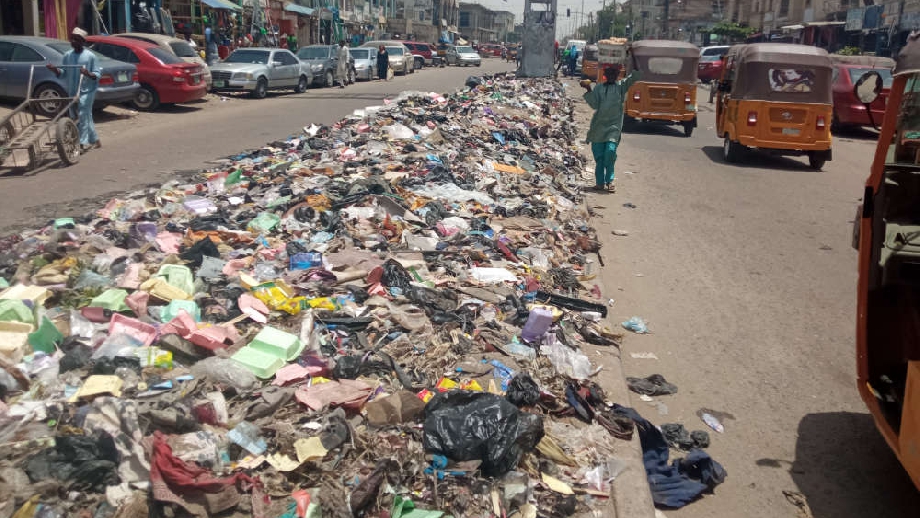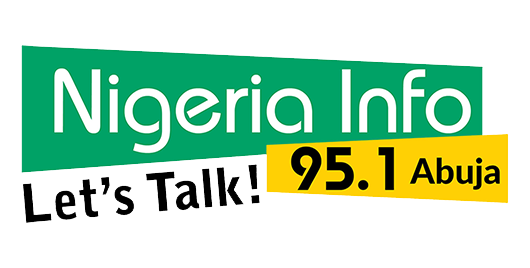
The new governor of Kano State, Abba Kabir Yusuf may have good intentions after directing that all vehicles and business places should have waste bins to make Kano clean, but citizens have expressed reservations.
In his inaugural speech, Governor Yusuf announced the immediate setting up of a task force on refuse disposal, evacuation of drainages, and street cleaning called Operation Nazafa.
With the new directive taking effect from 1 June, drivers and business owners in Kano, despite approving the proposal, urged the new administration to focus on the state’s waste management agency.
“The basket go just be like decoration for keke,” a rickshaw driver said in Pidgin.
“The passengers wey keke de carry, na only pure water them de drink. Abi na pure water de make Kano doty ne?”
A female shop owner commented: “The problem is not putting dustbins in shops. When you dispose of it at the designated bin, how about those whose work it is to park it?”
Another rickshaw driver added that the only way to keep Kano clean is for the government waste managers to be active on the job.
However, Cletus, a trader at Yankura market believes having waste bins around will partially solve the dirt situation because people dump waste indiscriminately after use.
A furious car owner wondered why the waste management board isn’t being tasked to do better.
“People are paying for sanitation! Where is Capegate?” he queried.
“Where is the waste management board? Where is the money that the government made after selling it out?”
He added that the government has to review why the same policy failed in the last administration before imposing it again.
In May 2021, Governor Abdullahi Ganduje’s administration scrapped the Refuse Management and Sanitation Board (REMASAB) and handed waste management in the state to a private company, Capegate Investment Limited.
The former Commissioner for the Environment, Kabiru Getso, said at the time, that Kano State would make money from the agreement.
“In the first year, the company will start remitting to the state government. It will be N50 million per month. The next year it will be N100 million per month; the third, N200 million; that’s how it will continue till the duration of the agreement,” the commissioner had said.
This concession did not work in Kano as waste continued to litter major streets in the state till the time of this report.
According to a report by Clean Up Nigeria, Kano State is ranked the fifth dirtiest state in Nigeria after Abia, Lagos, Kogi, and Anambra States.
The lack of proper sanitation and waste management in Kano has also contributed to the spread of cholera in the state.
This situation will affect Goal 6 of the Sustainable Development Goals Agenda 2030 which capitalizes on clean water and sanitation.
In what seems to be a catalyst for flooding and diseases, the streets of Kano are currently littered with heaps of refuse, causing discomfort to road users.
The heaps have taken over areas like Igbo Road by Flyover, France Road, New Road by Eldorado, IBB Way, Kantin Kwari, and the Yankura market.
Traders around these environs told Nigeria Info that the wastes are dumped at night by both the market people and local refuse carriers known as ‘Mai Shara’.
The State Ministry of Environment in the last administration made hundreds of thousands of naira on fines against sanitation offenders while monitoring several monthly cleanups in the state.
It is, however, mysterious why the effect of these monthly cleanups is difficult to see on the streets of the ancient commercial city of Kano.


